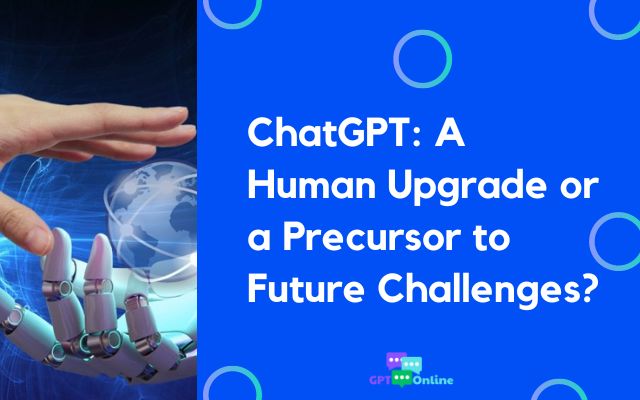Elon Musk, the visionary entrepreneur, is boldly venturing into the realm of human brain enhancement through his company Neuralink. The revolutionary brain-computer interface developed by Neuralink aims to empower individuals to compete with sentient AI. Musk’s motivation behind this ambitious project stems from his belief that the symbiotic relationship between humans and AI poses an existential threat.

A Human Upgrade or a Precursor to Future Challenges
FDA Approval and the Journey Ahead
Neuralink recently received FDA approval to commence clinical trials focused on restoring mobility to those affected by paralysis. However, the true litmus test for Neuralink’s technology lies in its ability to augment human intelligence as initially envisioned by Musk. The success or failure of this pursuit remains to be seen, but it undoubtedly raises pertinent ethical questions surrounding the limits of such transformative tools.
Chat: Transforming Work Methods and Igniting Fresh Perspectives
In the ever-evolving landscape shaped by the internet and artificial intelligence, Chat stands as one of the prominent tools reshaping work methodologies and intellectual paradigms. Seeking insights into how students perceive and engage with Chat, a group of Warwick Business School researchers embarked on a quest for understanding, conducting interviews with undergraduate students in Amsterdam and London.
The Unprecedented Rise of Chat
Ethan Mollick and Allie Miller, distinguished AI experts, shed light on the astounding speed at which Chat has gained traction among early adopters. Unlike its predecessor GPT3, which took a considerable 24 months to reach one million users, Chat accomplished the same feat in a mere five days with its debut as GPT4. The implications of this rapid adoption sparked intriguing conversations among the interviewed students.
Upgrading Intelligence: A Competitive Edge or an Even Playing Field?
For many students, embracing Chat’s early adoption provided an avenue for personal enhancement and an intelligence upgrade. Their perceptions hinted at the perception that deploying Chat during interactions renders them more intellectually proficient. Yet, with widespread adoption, some students expressed concerns about the ensuing leveling of the playing field. While the opportunity to upgrade knowledge and assignments emerged, competing against peers became more challenging.
The Divine Power and the Fear of Voicelessness
Amidst the excitement surrounding Chat’s potential, a sense of caution also emerged among some students. An intriguing analogy drawn by one student likened the experience of using Chat to feeling like a deity, capable of creating anything. However, this sense of godlike power instilled a sense of unease. Additionally, there were apprehensions about the potential loss of human creativity and voice in the presence of Chat’s influence.
Critical Thinking: A Balancing Act
One of the recurring discussions centered around the impact of Chat on critical thinking abilities. While students recognized its potential as a tool for intelligence augmentation and perceived brilliance, concerns loomed over the extent to which this technology might inadvertently curtail the utilization of our own cognitive capacities. This erosion of critical thinking presented a formidable challenge to effective learning. Moreover, several students questioned Chat’s reliability, particularly in the realm of academic referencing.
Unlocking Potential: Pedagogical Innovation and Paradigm Shifts
While Chat’s integration sparks concerns, it also catalyzes opportunities for pedagogical innovation. Universities now face the imperative to adapt outdated assessment methodologies. Shifting the focus from mere content evaluation, they should prioritize measuring critical thinking skills and the ability to synthesize thoughts and concepts. The detection of AI tool utilization presents a challenge, with a mere 26% accuracy rate according to Mollick. Rather than solely combatting their usage, educational institutions should equip students with the skills to leverage AI effectively, recognizing its role in enhancing our human capabilities.
The Irresistible Tide of Change
The interviewed students presented a spectrum of perspectives, from perceiving AI tools as beneficial to harboring concerns about their potential impact on critical thinking. However, the indisputable reality remains that AI tools like Chat are reshaping our lives, whether we embrace or resist their presence.
Instead of discouraging their use, universities should seize the opportunity to educate students on harnessing AI for optimal skill enhancement. Adapting to this evolving landscape is essential, allowing us to forge a path where AI and human potential converge harmoniously.